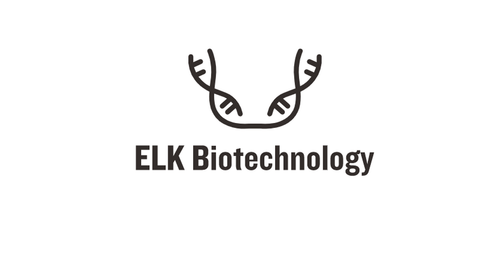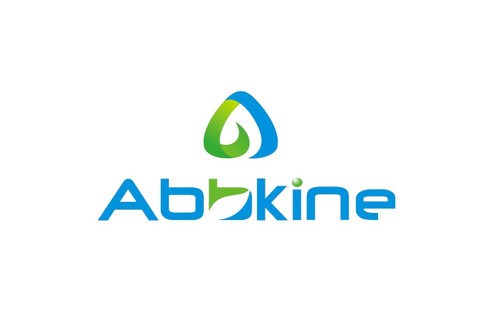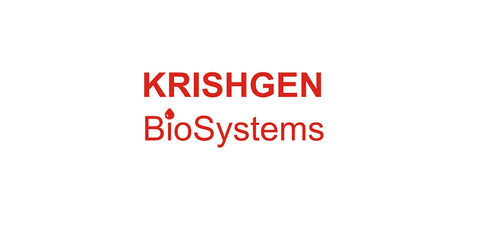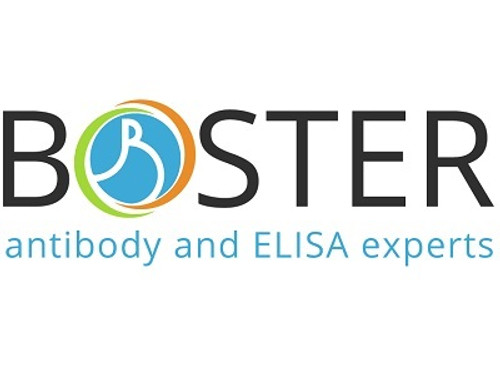Product Description
Human Alcohol dehydrogenase 6 (ADH6) ELISA Kit | AE23965HU | Abebio
Species Reactivity: Human (Homo sapiens)
Abbreviation: ADH6
Alternative Name: ADH-5; aldehyde reductase|class V alcohol dehydrogenase
Application: ELISA
Range: 0.312-20 ng/mL
Sensitivity: 0.127 ng/mL
Intra-Assay: ≤5.2%
Inter-Assay: ≤9.4%
Recovery: 0, 93
Sample Type: Serum, Plasma, Other biological fluids
Detection Method: Sandwich
Analysis Method : Quantitive
Test Principale: This assay employs a two-site sandwich ELISA to quantitate ADH6 in samples. An antibody specific for ADH6 has been pre-coated onto a microplate. Standards and samples are pipetted into the wells and anyADH6 present is bound by the immobilized antibody. After removing any unbound substances, a biotin-conjugated antibody specific for ADH6 is added to the wells. After washing, Streptavidin conjugated Horseradish Peroxidase (HRP) is added to the wells. Following a wash to remove any unbound avidin-enzyme reagent, a substrate solution is added to the wells and color develops in proportion to the amount of ADH6 bound in the initial step. The color development is stopped and the intensity of the color is measured.
Product Overview: Alcohol dehydrogenase 6 is a member of the alcohol dehydrogenase family. Members of this family metabolize a wide variety of substrates, including ethanol, retinol, other aliphatic alcohols, hydroxysteroids, and lipid peroxidation products. This gene is expressed in the stomach as well as in the liver, and it contains a glucocorticoid response element upstream of its 5' UTR, which is a steroid hormone receptor binding site. The deduced amino acid sequence of the open reading frame of this gene shows about 60% positional identity with other known alcohol dehydrogenases. This gene may have a distinct physiologic function.The ADH6 sequence shows approximatley 60% positional identity with known human ADHs, suggesting interclass similarity within the human ADH family.
Stability: The stability of ELISA kit is determined by the loss rate of activity. The loss rate of this kit is less than 5% within the expiration date under appropriate storage condition. The loss rate was determined by accelerated thermal degradation test. Keep the kit at 37°C for 4 and 7 days, and compare O.D.values of the kit kept at 37°C with that of at recommended temperature. (referring from China Biological Products Standard, which was calculated by the Arrhenius equation. For ELISA kit, 4 days storage at 37°C can be considered as 6 months at 2 - 8°C, which means 7 days at 37°C equaling 12 months at 2 - 8°C) .
 Euro
Euro
 USD
USD
 British Pound
British Pound
 NULL
NULL












